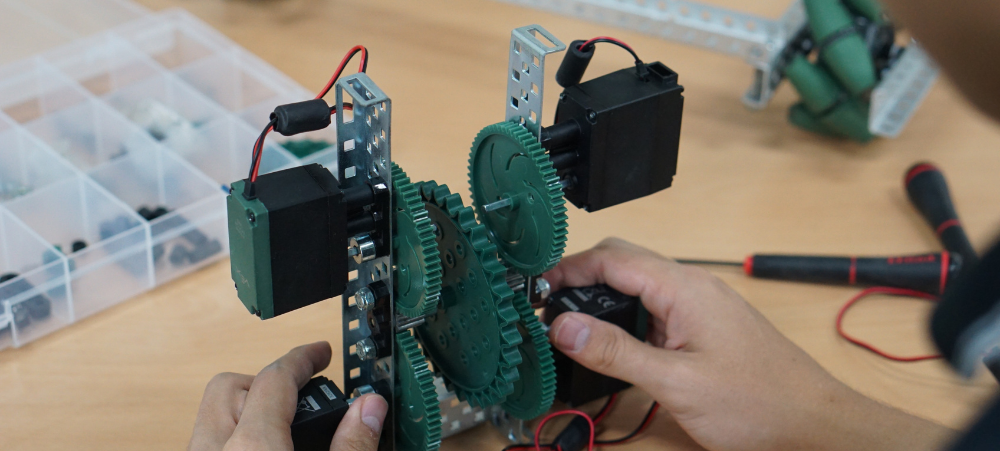It is no secret that kids enjoy gaming. It’s fun, introduces the element of competition and has become a very big part of how they socially interact these days. With this in mind Wingu Academy has embarked on a journey to take education to the next level by incorporating progress based gamification into their course development and learner support.
According to the gamification theory in education is that learners learn best when they are also having fun. Not only this – they also learn best when they have goals, targets and achievements to reach for, of course in a way the learner still perceives as fun.
This involves using game-based elements such as point scoring, peer competition, team work, score tables to drive engagement, help students assimilate new information and test their knowledge.
“We’ve always believed that research-led education, rooted in innovation, is the best way to enable our learners to develop, thrive and prepare them for life after school,” says Ian Strydom, Managing Director of Wingu Academy.
There are a number of reasons Wingu believes that this will not only benefit our learners, but also empower our teachers and parents to foster responsibility and accountability.
How does this benefit learners?
We’ve introduced the gamification component to automatically be added as a course function. Learners will be rewarded for engagement rather than just achievement, so it immediately alleviates the stress of having to compete with other learners who may score higher grades in a subject whilst at the same time, promote healthy competition. Learning that healthy competition is a natural part of life and that effort can lead to success, is a huge benefit related to this approach. It also increases self-esteem as learners discover that there are many valuable lessons in both winning and losing. According to https://www.verywellfamily.com/ aside from preparing kids for wins and losses later in their adult life, competitive activities help them develop important skills like resilience, perseverance, and tenacity.
How does this benefit teachers?
Teachers will have a track record of activity, participation and engagement. This is important for teachers to identify any possible shortfalls where learner support may be required. It also assists teachers to identify how best to assist and encourage learners to master course material.
How does it benefit parents?
Education needs to be personalised and adapted for each learner to be motivated to learn and digest course material based on their own learning style. Because parents will have access to the activity logs, it will be easy for parents to stay up to date with their child’s progress. It also creates opportunities for parents to engage with their children and reward them for effort and responsibility.
How can parents foster healthy competition within children?
According to Dr Serahani Symington, Child and Adolescent Counsellor and Play Therapy Specialist, it’s important to realise that every child responds differently to any form of competition. “It’s pivotal to reward your child for effort, rather than results, because this can play a huge role in building their self-esteem and how they experience competition. Rather focus on an approach of encouraging cooperation and teamwork and that it’s not about the outcome of the competition itself. This teaches children empathy, resilience and emotional intelligence, which is one of the most important skills to master to thrive in life. Finally, lead by example since children look to their parents for guidance in dealing with failure and success, because we live in a competitive society.”
At Wingu Academy we believe that teaching children resilience is one of the best tools to set them up for success in life.
Read more here
- Why Parents Are Choosing Premium Online Schools in 2026: Safety, Governance, and Student Experience - December 22, 2025
- Rethinking Socialisation in Online Schooling: The Innovation the Media Overlooked - December 17, 2025
- Online Schooling, Accreditation, and Trust: What Parents Need to Know in 2026 - December 11, 2025





